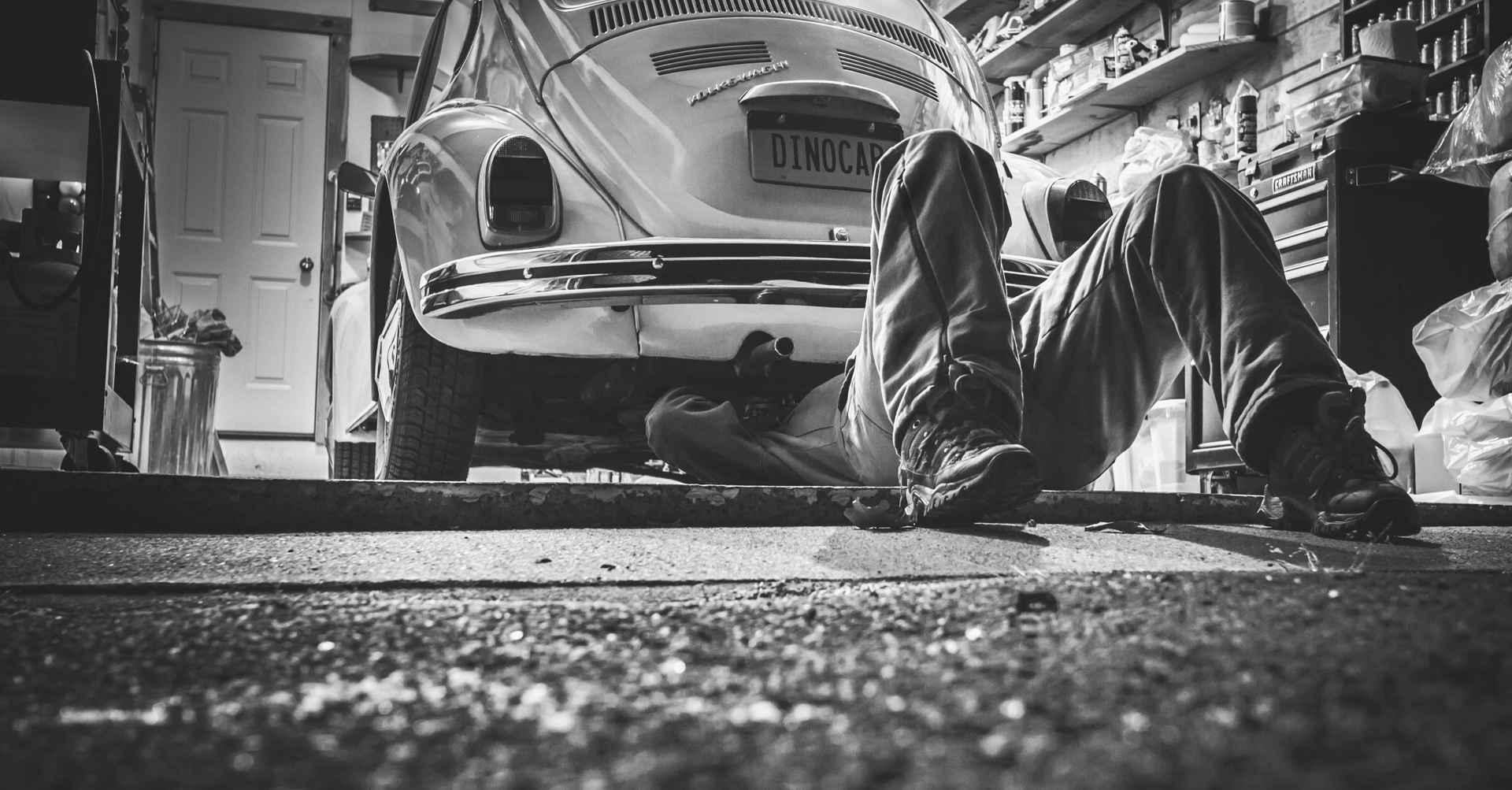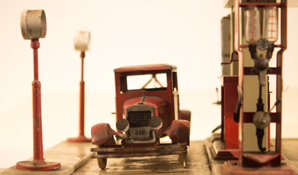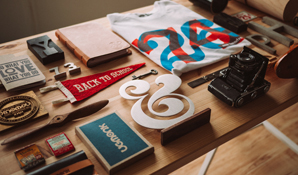Fancy driving a brand new car every two years? Do you want to drive a nicer car than you can afford to buy? When the answer to these questions is a “yes”, leasing starts to seem like an appealing option. But is it really? Find out more here.
What you get for your leasing buckLeasing promises the car renter that they can drive a new car for a monthly rate over a fixed term (for instance 60 months). That rate will be lower than the installments that they would pay if they had bought the car. Then they can either purchase the car as a used vehicle or return it when the term is up.
You monthly payment pays for the use and the wear and tear of the vehicle, plus a profit for the leaser - and then the leaser gets to sell the car at the end of the lease term. Many leasing contracts also cover insurance, tracking devices and a service plan on the vehicle.
The numbersCar lease company Ariva has provided the following comparison of the costs and benefits of leasing and buying a car.
Make and model: Toyota Corolla Quest 1.6 Plus
Value: R198 900
Financed purchase
Over 60 months at prime + 3 interest rate
Monthly finance repayment: R3 905
Insurance: R1 100
Service plan: R200
Tracking unit: R140
Total monthly cost: R5 960
Leasing finance
Over 60 months at Prime + 3 interest rate
Lease monthly cost: R4 600
This cost includes:
- Lease costs
- Service plan
- Tracking device
- 24-hour roadside assistance
- Insurance
You should buy a car if:
- You can afford the repayments and service charges on the car that you want to buy.
- You want to own your car at the end of the car finance term.
- You plan on driving your car for many years after you have paid it off.
- You look forward to a future point when you owe nothing.
Always bear in mind that a new car loses a great deal of its value the moment you drive it off the showroom floor, so you can save yourself that depreciation by buying a dealer-approved second-hand vehicle, which brings your purchase costs down significantly.
You should lease a car if:
- You feel that you need to drive a better car than you can afford to buy.
- You feel that you will always want the newest, latest model of the car that you drive and would generally trade in a car that you bought before the finance term was up.
- You are happy to continue to pay the car lease fees for as long as 60 months, and then either start the process again with a new contract or pay to purchase the car as a used vehicle.
Keith Watson, managing director of Ariva, points out that whether buying or leasing a car, around 80% of drivers trade in or return the vehicle for a newer model at around the three-year mark. If this is your ownership strategy, it makes more sense to lease because at the end of three years financed buyers will have paid more for their vehicle and it will have depreciated so that it is worth less than what they still owe (so they won’t cover their costs by selling it). At the three-year mark on a leased vehicle, those who lease their cars will have paid less and will owe nothing.
A tough decision?While there’s nothing like the feeling of driving a new car (the smell, the engine, the seats…), there’s a lot to be said for buying a vehicle outright and ultimately getting out of debt. While a large part of the motivation to lease a car is to improve your lifestyle, the most important lifestyle goal you should have is to live within your means. Rather buy a car that you can afford than leasing a better car that you can never pay off.




